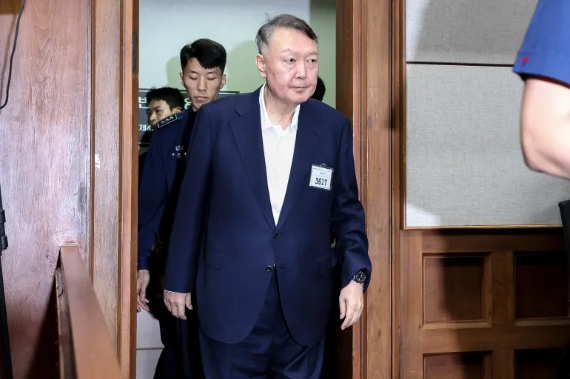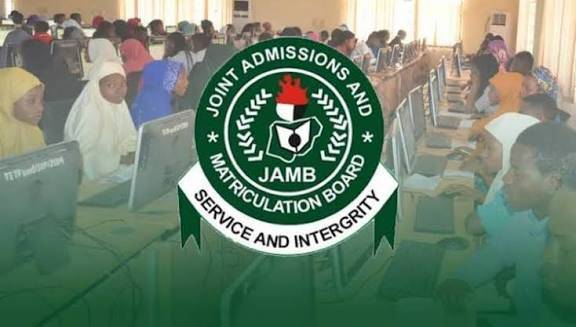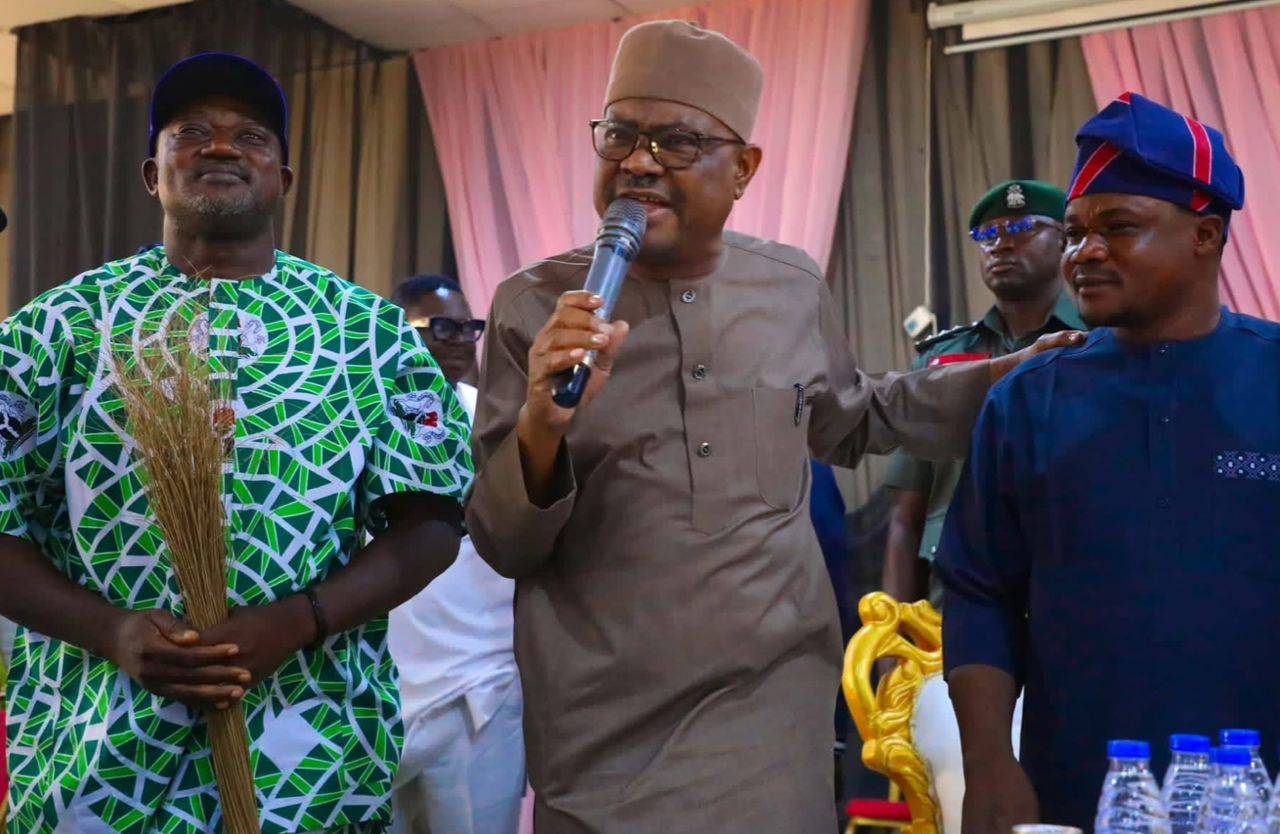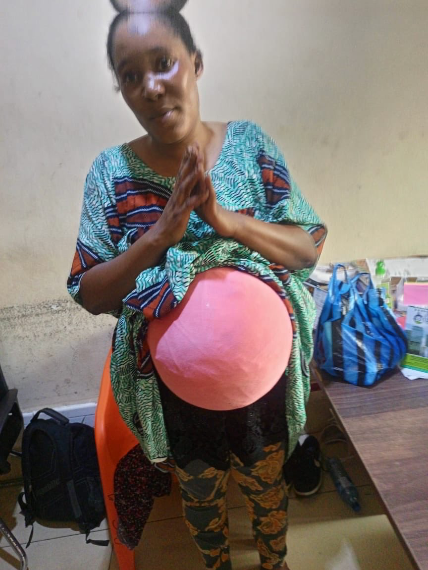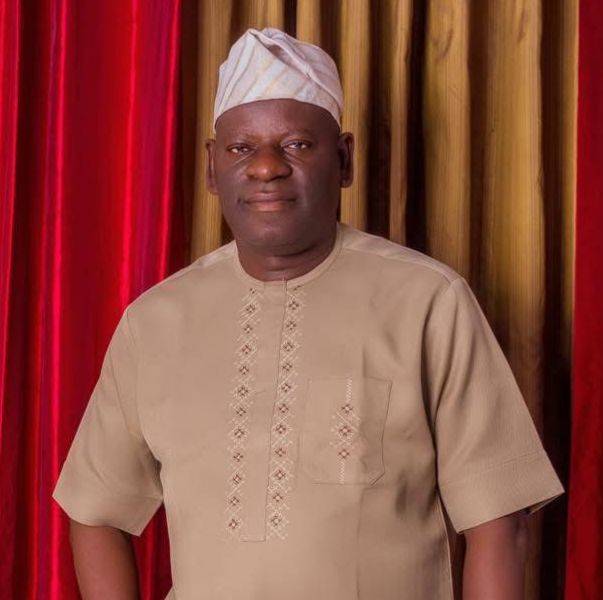In its well-grounded judgment, the Presidential Election Petitions Court (PEPC), has dismissed the petition of Labour Party (LP) and its presidential candidate, Peter Obi, against the outcome of the presidential for failing to explicitly explain how they obtained the majority of lawful votes in the February 25 presidential election.
Justice Abba Bello Mohammed, who delivered the lead judgment, pin-pointed that the LP had made generic allegations of irregularities, vote suppression, and corrupt practices that allegedly robbed them of votes, particularly in states like Rivers, Benue, Lagos, Taraba, Imo, and Osun as he reiterated that the party failed to specify the affected polling units in their claims.
Furthermore, the court struck out approximately 17 paragraphs of the LP’s petition, which were deemed to contain vague and generic allegations without specific details to support their claims of malpractices and irregularities.
Among the key points raised in the court’s ruling were:
Lack of Specificity: The LP’s petition lacked specifics, such as the polling units where malpractices were alleged to have occurred, the number of votes affected, and the identities of polling unit agents who reported these irregularities.
Membership Status: The court rejected the argument that Peter Obi was not an LP member at the time of the election, asserting that membership matters were internal affairs of political parties.
Joining of Necessary Parties: The contention that Atiku Abubakar and the Peoples Democratic Party (PDP) should be joined as necessary parties in the petition was also dismissed.
The respondents in the petition include the Independent National Electoral Commission (INEC), President Bola Tinubu, Vice President Kashim Shettima, and the All Progressives Congress (APC).
This judgment is a significant development in the ongoing legal process surrounding the presidential election, and it underscores the importance of providing specific and substantiated evidence when challenging election results in Nigeria.



